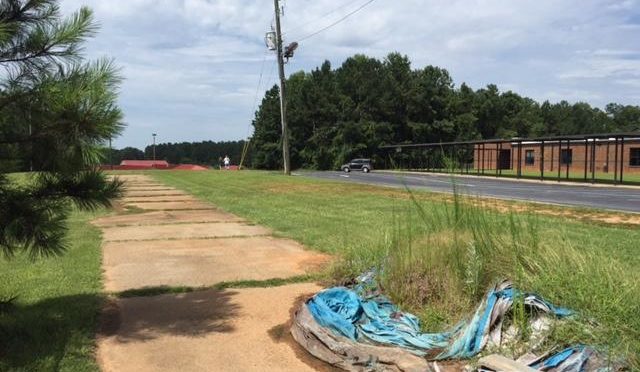Yesterday, Attorney General Jeff Sessions was questioned by the Senate Judiciary Committee as part of regular oversight. For over five hours, he answered questions about sexual orientation, gender, race, drug policy, Russia, fetal tissue sales and many other topics. Remarkably, no one asked him about the Justice Department’s progress on disability issues. Sessions did say, at one point, that the Justice Department is, “committed to protecting the civil rights of all Americans.” Is this true for disability issues?
Earlier this week, disability advocates filed a class action lawsuit against the state of Georgia for segregating disabled students in a separate and unequal school system called the Georgia Network for Educational and Therapeutic Support, or GNETS. Through the lawsuit the Arc, Center for Public Representation, and others are demanding the state to provide students access to the disability support services they need at their own neighborhood public schools.
GNETS often does not have art classes, gym classes, or playgrounds for its students. Although the current graduation rate is unclear, a report from 2009 found that only 10 percent of students graduated with a regular diploma within five years. Many of the schools don’t even offer all of the classes needed for students to graduate in the first place. There are also legal concerns about racial segregation: 51% of GNETS students are black, compared to 37% of the ordinary Georgia public school system. Leslie Lipson, one of the lawyers working on the lawsuit, described GNETS programs to Mother Jones as a “drop out factories for abandoned kids.”
The plaintiffs argue that students in Georgia don’t have time to wait and see if the Department of Justice lawsuit moves forward. It has been over two years since the Department of Justice under Obama filed the original injunction against the state of Georgia, and little has changed for GNETS students since then. Alison Barkoff, director of advocacy at the Center for Public Representation, told NOS Magazine: “These students cannot wait any longer. They deserve the same opportunities that student without disabilities have — to learn alongside their peers, to get a good education and graduate, and to access extracurricular activities, gyms, libraries and playgrounds.”
NOS Magazine was unable to get a comment from the Department of Justice on the status of the federal case against GNETS or their position on the prosecution of Olmstead cases in general. As of August 2017, the department had entered 17 settlement agreements supporting the rights of disabled people to go to polling places, eat in restaurants, and communicate with doctors. Only time will tell if the Department of Justice will continue to vigorously enforce Olmstead and community integration. In the mean time, the class action lawsuit against GNETS will pursue justice for many disabled students in Georgia.


Brings back unpleasant memories…